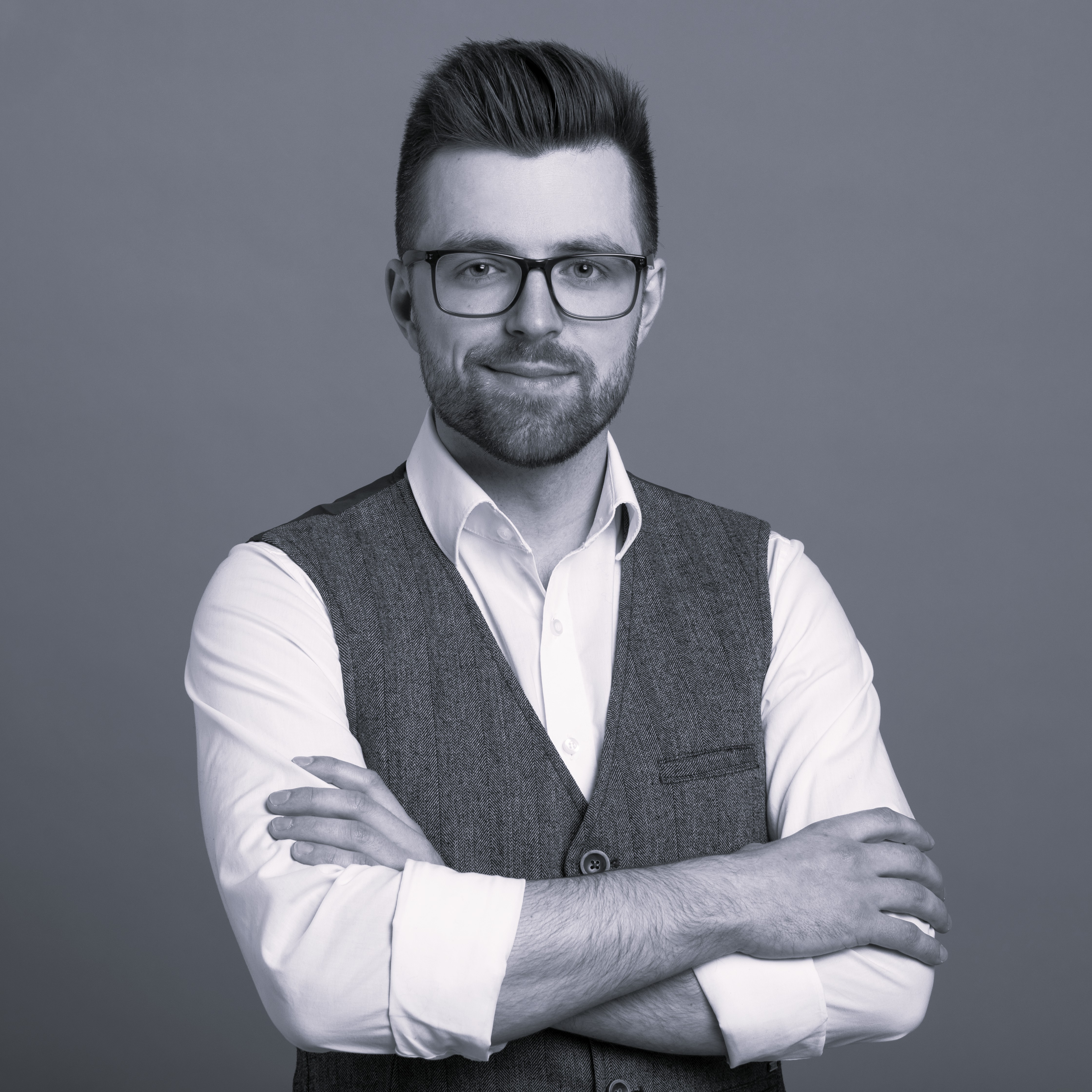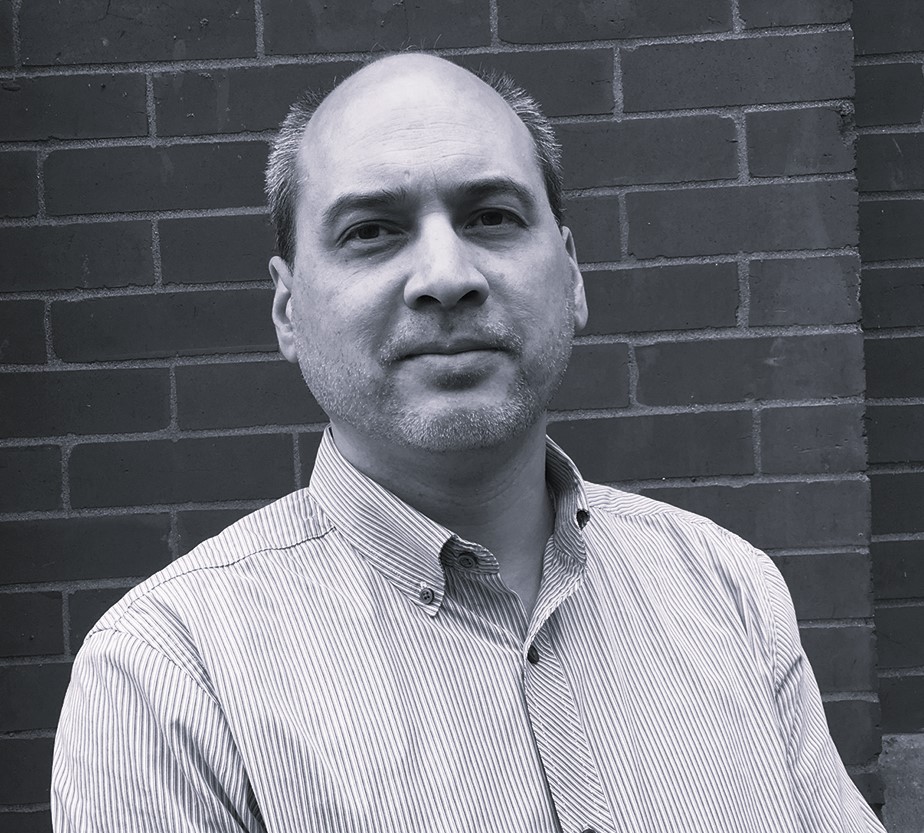





Aaron Zak has a diverse portfolio with over 10 years of experience spanning emergency medical services (EMS), public health, critical care, remote/austere medicine, and hospital-at-home delivery. He has worked across multiple healthcare systems in the U.S., Europe, and Africa, gaining firsthand insight into global healthcare challenges. Driven by his experience, Aaron co-founded RRSP Industries to develop patient-centric solutions that enhance access to quality care, crisis response, supply chain efficiency, and economic resilience in healthcare.

Alex Grzeska, M.D. received his medical training at the Medical University of Gdansk in Poland, completing rotations in France, Germany and the Unites States. He was a Faculty member of the Department of Internal Medicine at University Hospital of Rostock in Germany and is currently a faculty member at the Medical Univercity of Zürich. Alex decided to co-found RRSP Industries, to tackle the various problems he witnessed hospitals and healthcare workers are facing today. Alex wants advance the accessibility of emerging health technologies that may allow field providers to perform increasingly invasive life-saving interventions in remote and hostile environment.

Hakan Yoztyurk holds a master’s degree in Computer Science and has five years of experience in AI programming, implementing numerous state-of-the-art algorithms that benefit the field today. Hakan joined the endeavor to build RRSP Industries out of this love for computer programming he saw it as an opportunity to challenge himself and solve complex data engineering problems. Hakan’s wish is to transform the healthcare industry and see his work provide countless benefits for humanity.

Sam Liang holds an MS in Statistics and has a passion for building statistical models and performing exploratory data analysis to uncover hidden insights. He joined RRSP to identify patterns within patient, health, and medical data and is dedicated to using his expertise to improve the healthcare industry.

Dr. Edward Griffor is a senior research scientist, for the National Institute of Standards and Technology (NIST) and associate director for the department of Cyber-Physical Systems (CPS) for the NIST. Dr. Griffor is an academic researcher with over two decades experience in the US, Europe and South America, together with advanced development leadership in industry over the last decade, which has provided him with the perspectives essential to applying scientific leadership to the challenge of providing standards and paradigms of measurement to support the conception, realization and assurance of cyber-physical systems critical for transportation, energy and medicine.

Dr. Robert Birkhahn, MD, is a Pisa board-certified emergency medicine physician. He is currently licensed to practice medicine in Oregon, Washington ,and New York. He is on faculty as the Research Director at the New York-Presbyterian Brooklyn Methodist Hospital and is a Professor of Clinical Emergency Medicine at the Weill Cornell Medical College, NY. Dr. Birkhahn has advanced training in Clinical Epidemiology and Health Services Research and currently has co-authored more than 100 peer-reviewed publications.

Dr. Zhan Zhang is an Assistant Professor in the Seidenberg School of Computer Science and Information Systems at Pace University. Dr. Zhangs research spans the fields of Human-Computer Interaction (HCI), Computer-Supported Cooperative Work (CSCW), Wearable and Mobile Technology, and Healthcare Informatics, and Social Computing. He is particularly interested in designing, developing, and evaluating novel technologies to support information collection, decision making, and collaboration in highly dynamic health care settings.